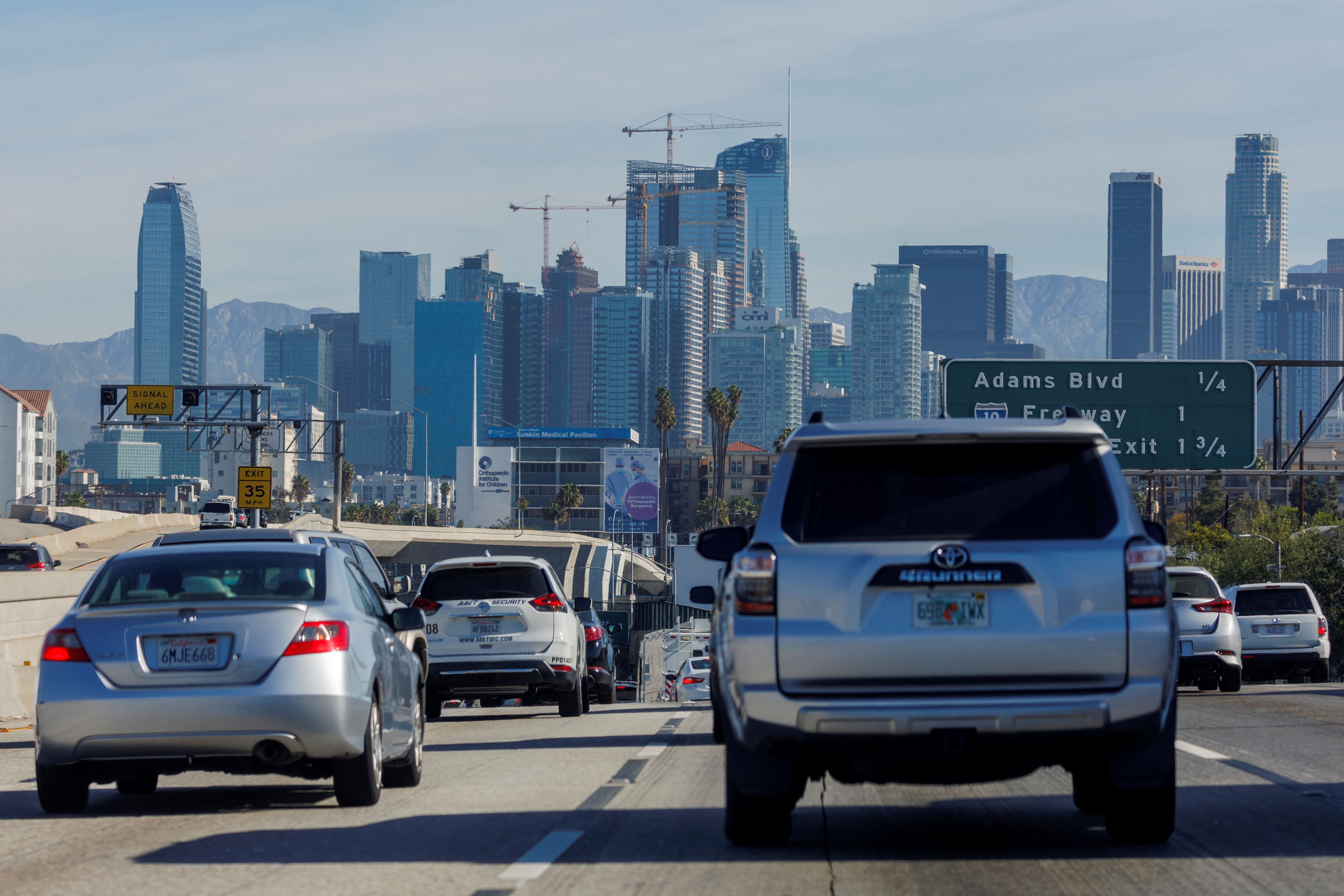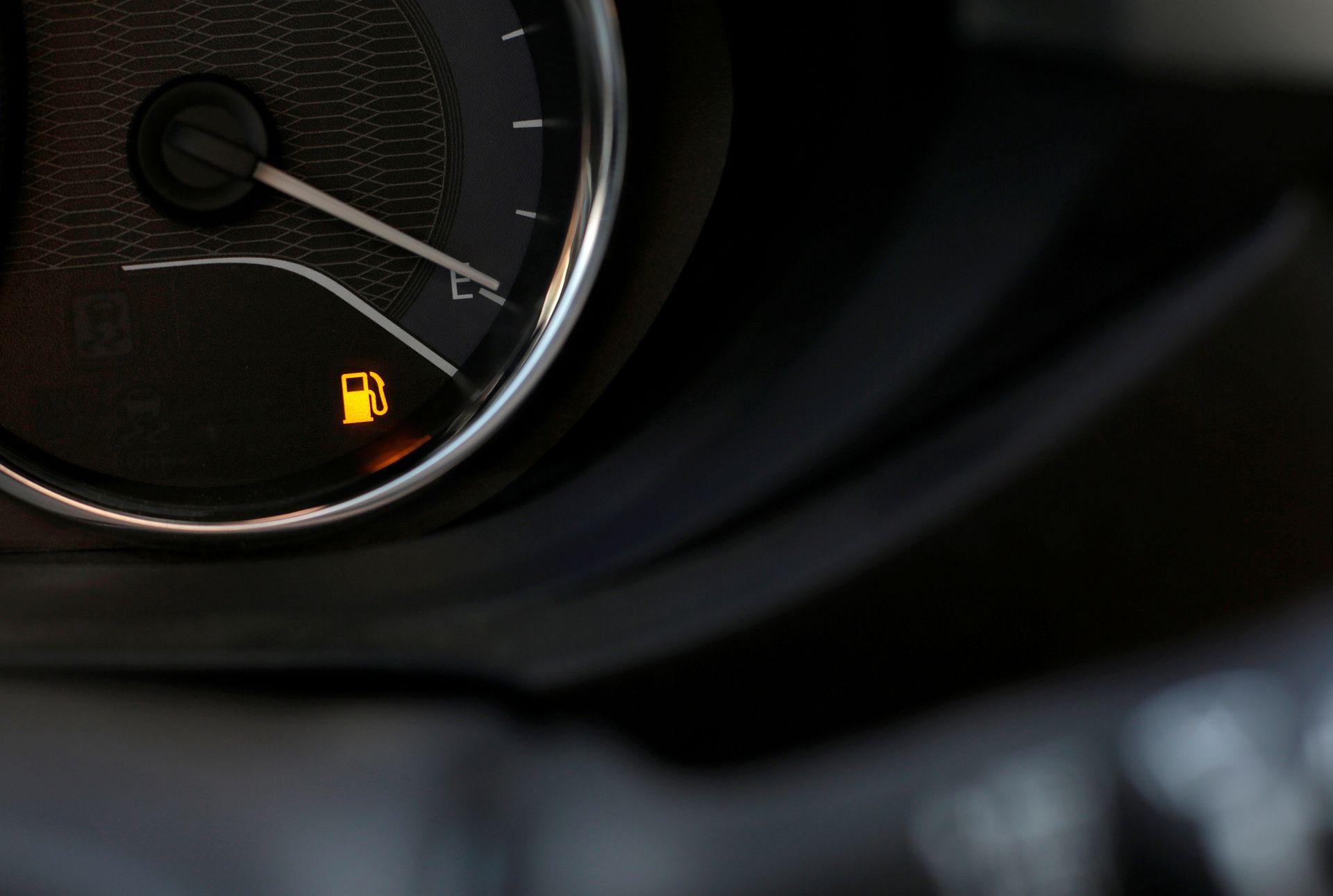By David Shepardson
WASHINGTON, April 1 (Reuters) – President Joe Biden’s administration on Friday sharply boosted fuel economy standards for vehicles, reversing former President Donald Trump’s rollback of U.S. regulations aimed at improving gas mileage and cutting tailpipe pollution.
The National Highway Traffic Safety Administration (NHTSA) announced it will boost fuel efficiency requirements by 8% for both the 2024 and 2025 model years and 10% in 2026. That was a slightly bigger increase than the proposal outlined in August.
Automakers say they will need to spend tens of billions to comply with the rules. NHTSA estimates consumers could save $1,387 in fuel costs over the life of a vehicles but the rule will increase the average cost of a vehicle by almost that much.

The Trump administration in March 2020 rolled back fuel economy standards to require only 1.5% annual increases in efficiency through 2026.That was much less than the 5% annual increases required by his predecessor Barack Obama.
The EPA in December finalized its vehicle emissions requirements that are parallel to the NHTSA rules. The EPA said its rules will result in 3.1 billion tons of avoided CO2 emissions through 2050. Major automakers on Wednesday backed EPA’s revisions over challenges brought by some states and some ethanol groups.
EPA and NHTSA plan to write and adopt another round of vehicle standards that will cover 2027 and beyond that analysts believe will be so aggressive that automakers must build electric vehicles to meet them.
John Bozzella, president of the trade group Alliance for Automotive Innovation, said “increased regulatory requirements for automakers will require supportive policies, as well as regulatory alignment with the EPA to ensure that standards can be attained.”
Legislation has stalled in Congress that would boost EV rebates to up to $12,500 per vehicle and provide generous tax incentives for automaker EV production and business purchases of EVs.
Dan Becker, director of the Safe Climate Transport Campaign, said NHTSA’s “rules only require automakers to reduce gas guzzling slightly more than they agreed to cut nine years ago.”
NHTSA on Sunday said it reinstated a sharp increase in penalties for automakers whose vehicles do not meet fuel efficiency requirements for model years 2019 and beyond. The decision was a victory for Tesla that could cost other automakers like Stellantis (STLA.MI) hundreds of millions of dollars or more.









